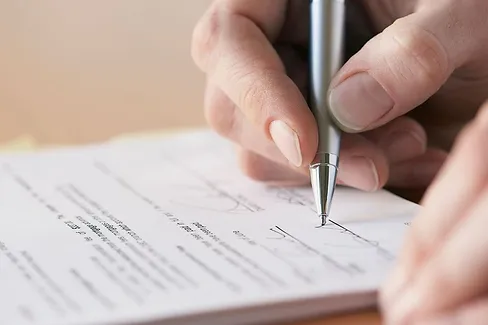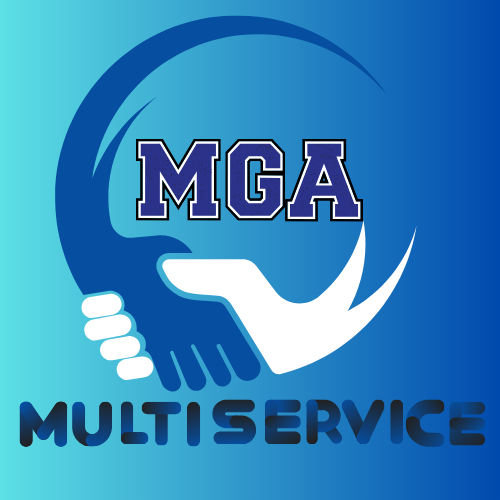
According to the National Association of Notaries, a US Notary is a public official appointed by the state government to witness the signing of important documents and administer oaths.
The purpose of a notary is to prevent fraud by identifying the person(s) signing a given document using valid identification. The notary signs and seals the document in a specific section assigned to him (notary wording). If the document does not contain notary wording, the notary will add an additional sheet.
A US Notary Public is not the same as a Latino Notary Public. In Latin America, a Notary Public is a high-ranking official such as a judge or lawyer. Unlike the Notary Public, the US Notary Public is prohibited from preparing legal documents or advising on immigration or other matters, unless he is also a lawyer. [source: National Notary Association])
Another aspect to keep in mind is that when you need to send documents to your country of origin, first verify if the agency and place to which you will send the document will accept the document notarized by any notary, since sometimes they require it to be notarized in the consulate of your country.
A US notary (notary public). Notarizes any document in which an author must guarantee the integrity of the person signing. A notary verifies the identity of the signer, and that he is signing knowingly and willingly. This process helps prevent fraudulent preparation of documents.
A U.S. notary will ask the signer for a document, such as a driver’s license or government-issued identification card, that includes a photograph, the signature, and a brief description of the person.
No, a US notary can only witness the signing of documents, they cannot assist or prepare any documents. Assisting or preparing documents would be an illegal practice of law. This maintains the US notary’s position as an impartial witness to the signing.
A US notary (notary public). He or she may refuse to perform a notarization if he or she cannot be sure of the prospective signer’s identity, willingness, or understanding of what is happening at that time. Additionally, a U.S. notary cannot authenticate a document in which he or she has a financial interest.
State laws may vary, but generally, no. For records of vital documents, such as birth certificates and marriage certificates, the applicant must visit the local agency that holds these documents, such as a local county clerk. There are some limited cases when a notary can notarize a copy, but it is best to check with the US notary in your state.
A US notary (notary public). You can notarize papers that require notarization such as the supporting legal declaration, but you cannot prepare or present another person’s immigration documents unless he or she is an attorney or an accredited representative of the National Association of Immigration Consultants.
- We offer translation services for Birth Certificates
- Marriage Certificates
- Death Certificates
- Exit Permits
- Power of Attorney
- General, Limited or Health Care Powers of Attorney.
- Valid driver’s license from any state in the United States, Mexico or Canada.
- Valid identification issued by any United States government entity, for example a state government employee or an identification card, more commonly known as an ID.
- Valid and signed passport, issued by the United States government or any valid passport, signed and stamped by the United States government.
- Employee identification card issued by any agency or office of the State.

